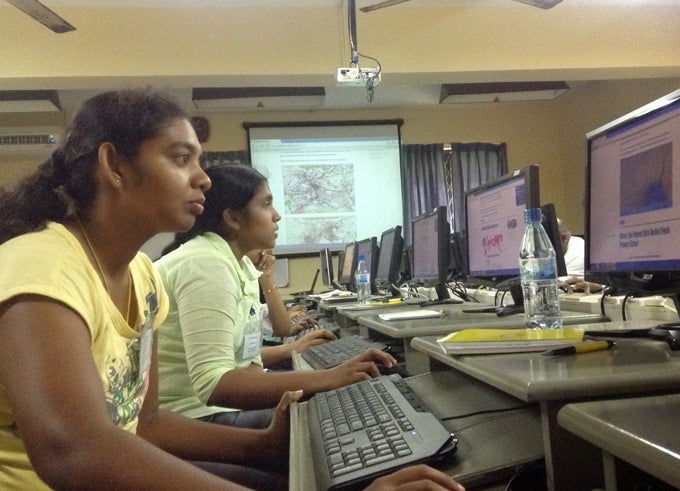Every year, May 3rd is marked around the globe as World Press Freedom Day. This year UNESCO has declared the theme “Critical Minds for Critical Times”. Recently, Sri Lanka joined the ranks of nations that have taken progressive steps in making information available to the public by unveiling its own Right to Information (RTI) law. This is an important first step for the country. Experience from different parts of the world suggests that opening up access to information is an ongoing process that requires patience and perseverance to bring the full benefits of disclosure to a large number of stakeholders including, citizens, private sector and government.
The World Bank unveiled its own policy on the disclosure of information in 2002. The Bank felt compelled to do so as knowledge sharing is an integral part of its development mission. Moreover, the Bank needed to share information in order to get a better pulse from its stakeholders on how its services were performing; how it could improve but also to serve an increasing demand for its information and data. In 2010 this policy was revised through a series of public consultations. Even so, the document is still evolving with constant feedback from our clients and citizens from countries we serve.
Opening up the institution has also meant exposing our staff and projects to public scrutiny. When I joined the World Bank in 1995, it was a very different institution; most information was restricted. Our journey from a closed institution to an open one has not been easy. We have learnt that merely implementing a policy is not enough to achieve the real reason for opening up; allow people to review, analyze and make informed judgements based on concrete information and data. But more importantly we now know better that how staff perceive the increased access and its impact is the biggest challenge and yet also an opportunity.
There was a strong need to foster comfort with staff who worried that the Bank, which has traditionally been a target of criticism, sometimes rightly and at other times not, would be more strongly reproached. And that ultimately this would hurt them. To counter this sentiment managers worked hard to create an atmosphere that was supportive and focused on resolving issues as opposed to finger-pointing. Openness was not equated to punishment for mistakes exposed in the process. Everyone makes one of those every so often! Using our access to information policy as a foundation and a better informed staff we have built mechanisms for systematic engagement with citizens, to hear their grievances, and to improve our accountability, transparency, efficiency and engagement.
So what can a citizen find on our website? You can access information related to all our projects in Sri Lanka. In the Project Information Document or Project Appraisal Document, you will learn why a project is needed in Sri Lanka and what areas of support have been discussed and agreed with the government. These documents also include the name of the line Ministry and details of the key government counterpart that will implement the project; where the projects are active and expected project outcomes. And in our Implementation Support Report you will learn about the progress of the projects. All information in our possession is now available to the public, except for 10 specific exceptions.
The process to openly sharing information never ends. As the world gets faster at creating and disseminating information, there is need for agencies to be faster in responding to requests for information. Oftentimes false information travels faster than facts! The upside of being open is that people can more easily validate information, reducing the damage that wrong information can wreak. The road to openness is a long one and it will never be perfect but, if done well, the dividends will always outweigh the pain.
If you would like to learn more about our Access to Information Policy and Open Development initiatives, please send an email to infosrilanka@worldbank.org with your name, telephone and details of yourself (organization, interests and any other information about yourself). When we have a number of participants we will invite you to an awareness program at the World Bank office.


Join the Conversation